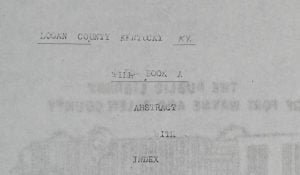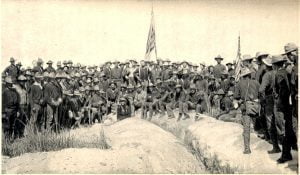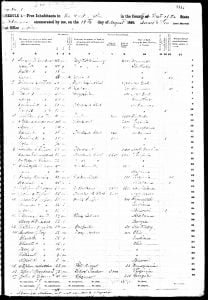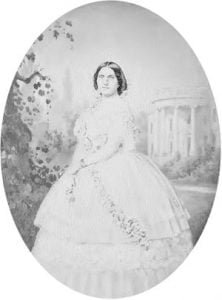Biography of John G. Land
John G. Land, whose intimate friends call him Jack and who is representing the Prudential Life Insurance Company of America as manager for the territory embracing Oklahoma, Arkansas and Texas, was born in Springfield, Missouri, May 26, 1878, and is a son of J. G. and Nancy A. (Berry) Land, both of whom are deceased. The son was educated in the public schools of St. John, Kansas, and in Marmaduke College at Sweet Springs, Missouri. When sixteen years of age he took up the study of telegraphy and for fifteen years was an operator. In 1898 he came to Muskogee … Read more





